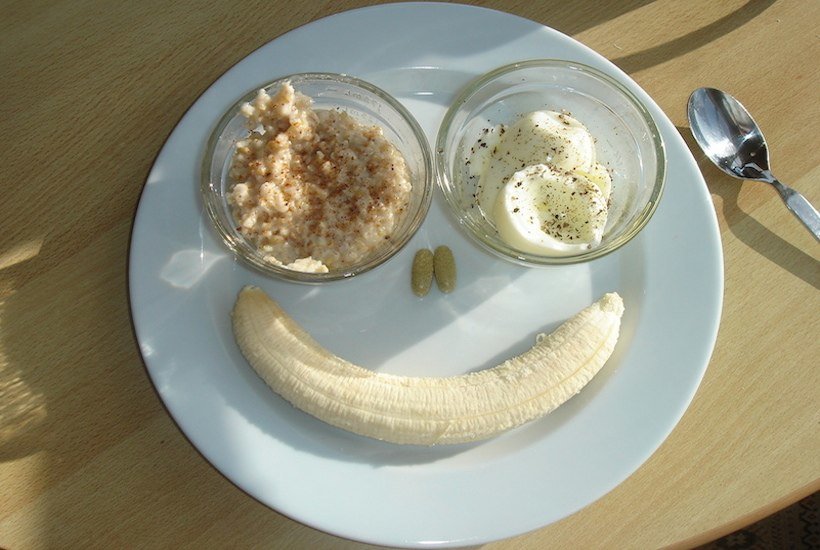If the support beams in your home also signaled your oven off when dinner was ready – or directed your heater up or down, or got your kids to clean their rooms, then we could compare them to the type and breadth of duties your bones perform everyday.
Here are 4 roles your bones play everyday that determine your health – from head to toe:
1. Structural Provider – and Protector
We know that the 206 bones we all have help to give strength and shape along with assistance from tendons, ligaments, cartilage and muscle. Bones primarily provide your body with a solid foundation and serve and protect your delicate inner organs such as the brain, liver and heart from injury.
2. Blood Cell Creator
Did you know that two million red blood cells (that deliver oxygen and nutrients throughout the body and remove waste) are generated – every second – by the the inner, flexible part of bones that is marrow. Also, white blood cells, an essential part of our body’s immune system, are made by the marrow in your bones. That your blood remarkably clots is also influenced by your bone marrow as it manufactures the necessary platelets.
3. Mineral Warehouser and pH Balancer
Did you know that bones also store minerals needed for the operation of the rest of your body?
Your body, full of organs, tissues and cells needs direction, and your bones help with that. Your skeleton makes sure your body has what it need to operate correctly by absorbing minerals from foods, then storing, and releasing them when organs are in need.
Ample and varied minerals are needed for so much that goes on beneath the surface: they keep your heart beating, your brain thinking, and your nervous system responding.
As well, your bones monitors and controls the overall ambience and environment of your blood that is pH balance. If your blood gets too acidic (in good part due to unhealthy fast and processed foods) it is destructive to your tissues. So your bones dispatch minerals like calcium and magnesium that are capable of alkalizing the body and bringing it back to the correct balance.
4. Insulin and Weight Controller, Heart Helper
If your bones only executed the 3 functions above it would still be an impressive resume. Giving us structure, creating red blood cells, and storing and controlling minerals is what science has known the bones to do, and is no small feat.
However, if that’s not enough the latest research now reveals conclusive links between your bones and diabetes, weight management and cardiovascular health. (1)
Your bones in their healthiest state produce osteocalcin (a protein that signals hormones) which stimulates insulin secretion in the pancreas and improves insulin sensitivity in your body. Why is that hugely important? Because improved insulin sensitivity better regulates blood sugar levels, helping to control diabetes.
The osteocalcin your bones produce also lessens fat deposits and is associated to leptin, the “hunger hormone” which plays a main role in controlling appetite, metabolism, and weight management. In an animal study scientists prevented development of obesity and type 2 diabetes by increasing osteocalcin!
Osteocalcin is secreted solely by osteoblast cells, which are the major cellular component of bone. Rare marine algaes high in calcium (plus a complete range of trace minerals) that are the basis for AlgaeCal® supplements were proven in a study led by researchers from the Harvard Medical School to outperform ‘calcium carbonate and calcium citrate by 300 and 400 percent respectively on…the ability of these osteoblasts to produce new bone building cells.’

Image by Hamed.Al-Raisi on Flickr
Your Bones Affect Your Heart. Who Knew?
Accelerated bone loss was thought to be a problem because it leads to porous bones and then life altering fractures. But it’s becoming more evident due to increased research is the association that risk of cardiovascular issues increase in the process of osteoporosis.
Rapid bone breakdown and calcium rapidly exiting bone can pool in the bloodstream, which increases your chances of dangerous calcified plaque deposits, known as atherosclerosis. Ruptures and blockages may result which sets the stage for stroke and heart attacks.
Research demonstrates that calcium in whole food form along with vital co-factors (vitamin D3, K2 and trace minerals like selenium, manganese and several more) is what you need to build new bone. Plant forms of calcium are considered the safest and most effective because the body absorbs it best. As well, consuming mostly plant encourages a highly alkaline pH balance in your blood. This minimizes the need for your body to pull calcium from your bones to buffer acidity.
Studied alkaline plant forms of calcium therefore are judged to be safest and most beneficial for supplying all minerals, promoting new bone cells which increases osteocalcin, and keeping your arteries free from buildup.
Thanks to the tireless research of others, we are beginning to understand that our skeletons are not just inert, calcified parts of the body. Instead, all along your bones have been quietly determining multiple everyday bodily functions. If they become weak and porous, logic dictates that health repercussions would be greater than simply increased fracture rates.
Increase your bone health with regular weight bearing exercise and wholesome fresh plant rich meals and supplements. This will ensure that your skeleton stays strong enough to continue its dynamic, crucial role.






Article Comments